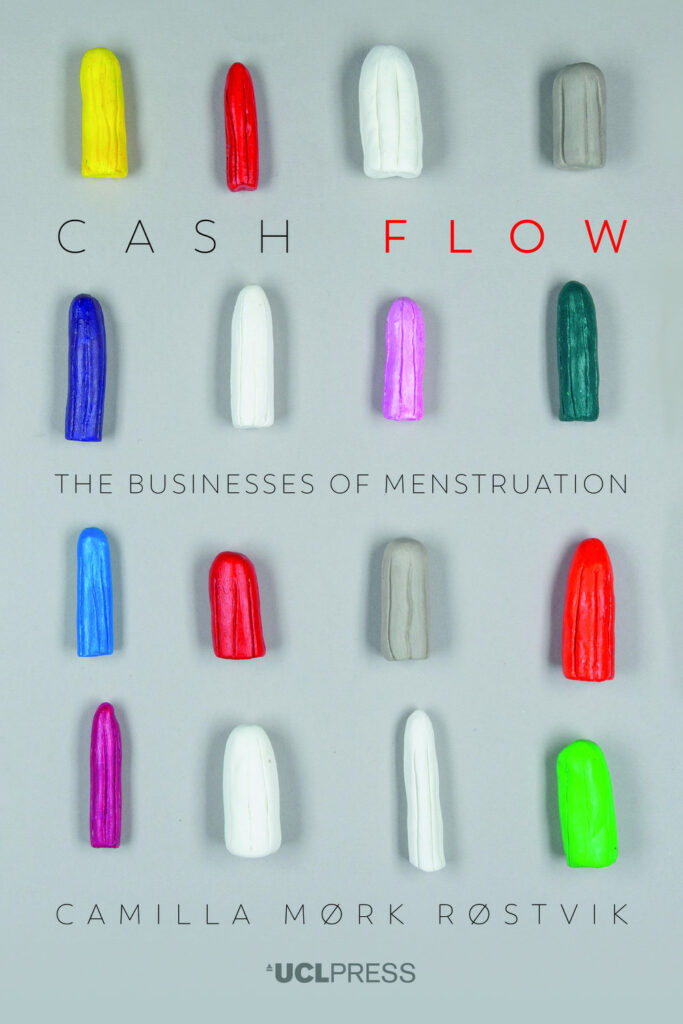
Margaret Thatcher was prime minister from 1979 to 1990, during which time her Conservative administration transformed the political landscape of Britain. Science Policy under Thatcher is the first book to examine systematically the interplay of science and government under her leadership.
Thatcher was a working scientist before she became a professional politician, and she maintained a close watch on science matters as prime minister. Scientific knowledge and advice were important to many urgent issues of the 1980s, from late Cold War questions of defence to emerging environmental problems such as acid rain and climate change. Drawing on newly released primary sources, Jon Agar explores how Thatcher worked with and occasionally against the structures of scientific advice, as the scientific aspects of such issues were balanced or conflicted with other demands and values. To what extent, for example, was the freedom of the individual scientist to choose research projects balanced against the desire to secure more commercial applications? What was Thatcher’s stance towards European scientific collaboration and commitments? How did cuts in public expenditure affect the publicly funded research and teaching of universities?
In weaving together numerous topics, including AIDS and bioethics, the radioactivity industry and strategic defence, Agar adds to the picture we have of Thatcher and her radically Conservative agenda, and argues that the science policy devised under her leadership, not least in relation to industrial strategy, had a prolonged influence on the culture of British science.
Praise for Science Policy under Thatcher
‘… Will be of great interest… if only because it presents a summary of the most valuable experience of the post-imperial transformation and adaptation of the scientific and technological complex in response to the progressive erosion and compression of its economic and demographic base.’ [translated from Russian]
Управление наукой: теория и практика [Science management: theory and practice]
‘Agar’s most important contribution in his identification of who was and who was not influential in shaping science policy.”
Richard Joyner , THE
‘Very well documented and persuasive …The earlier chapters single out specific issues or episodes, such as civil nuclear power, the environment, and the public debates over AIDS and IVF …The detail is deeply fascinating for anybody interested in the mechanics of government and policy-making. I really enjoyed reading it.’
The Enlightened Economist
